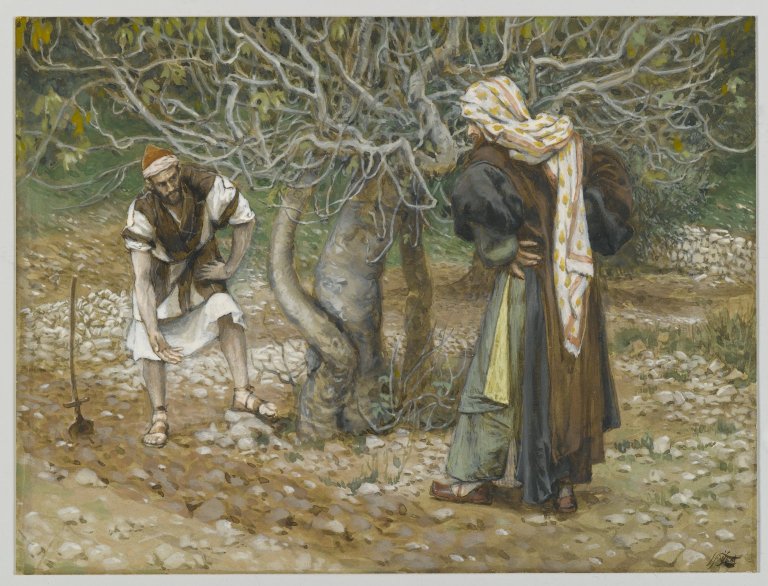"The chalice of benediction which we bless, is it not the communion of the blood of Christ? And the bread which we break, is it not the partaking of the body of the Lord? For we, being many, are one bread, one body: all that partake of one bread." (1 Cor 10:16-17)
Wednesday, March 27, 2013
A disciple's tongue, a disciple's ears and a disciple's heart
Sunday, March 17, 2013
Thursday, March 14, 2013
We have a pope!
Wednesday, March 13, 2013
On priestly chastity..
Sunday, March 10, 2013
To become the righteousness of God in Christ
Thursday, March 07, 2013
Reproductive health battle at the UN, but...
some mischief afoot: certain groups are making up a conspiracy involving the Catholic Church, Iran and Russia...
Sunday, March 03, 2013
Justice and Mercy

He told this parable: ‘A man had a fig tree planted in his vineyard, and he came looking for fruit on it but found none. He said to the man who looked after the vineyard, “Look here, for three years now I have been coming to look for fruit on this fig tree and finding none. Cut it down: why should it be taking up the ground?” “Sir,” the man replied “leave it one more year and give me time to dig round it and manure it: it may bear fruit next year; if not, then you can cut it down.”
We are living that year of favour, and our divine gardener is ever so diligently fertilizing our souls with grace. If we would only appropriate (borrowing from Fr. Raniero Cantalamessa and St. Bernard) this grace that he freely gives! If we had faith but the size of a mustard seed .. !In the barque of Christ

"I always knew that the Lord is in the barque, that the barque of the Church is not mine, not ours, but His - and He shall not let her sink. It is He, who steers her: to be sure, he does so also through men of His choosing, for He desired that it be so."
In these days when the episcopal See of St. Peter is vacant, are we in the same boat as the Orthodox, or the Protestants? No, I do not think so. For we expect the resumption of the norm established by the Apostles. We do not take this situation as normal, to have no pope. And even so, we had popes, the most recent one still alive at that, and his pastoring does not disappear with his abdication, nor that of his predecessors. It is a moment of silence when he utters nothing for the meantime. For now, Peter rests. When the time comes, he will rise up again, to teach again with the keys of the kingdom; to strengthen his brother bishops; and feed the flock in the Petrine way.